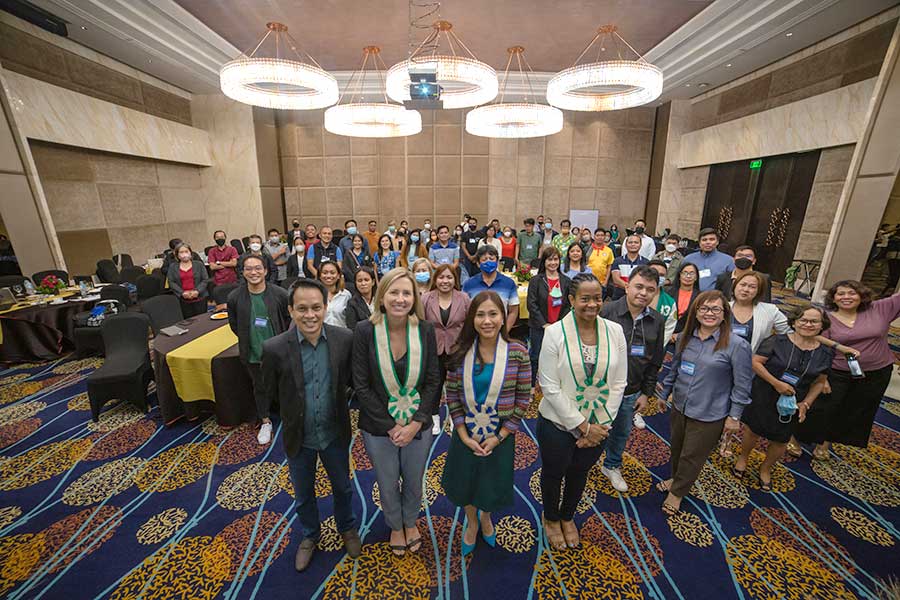
The U.S. Peace Corps trained representatives from 32 local government units (LGUs) and two state universities from across the Philippines on the monetization of marine resources for biodiversity protection and the sustainable financing of coastal resource management programs.
“A key way to preserve coastal habitats and reduce threats to biodiversity is to learn how to calculate the economic value of marine resources,” U.S. Peace Corps Director of Programming and Training Dr. Lyn Cheevers said during the training workshop held from August 15 to 17 in Cebu. “This enables LGUs to collect usage fees and fines, generating revenue for coastal resource management while also deterring future damage.”
“Sustainable financing is not only about how much money is needed and funded, but more importantly, it is about knowing how the money is being spent,” Tourism Assistant Secretary Kristine T. Chiong-Genegobis said on behalf of Tourism Secretary Christina Garcia-Frasco.
Funded by the United States Agency for International Development, the workshop targeted LGUs in provinces with high tourism potential and large coastal habitats requiring protection, such as Bohol, Cebu, and Negros Oriental. Representatives from Southern Leyte State University and Nueva Ecija University of Science and Technology also joined the training.
The U.S. Peace Corps is an American volunteer organization that has deployed more than 9,300 volunteers, including over 300 coastal resource management volunteers, to requesting host communities since 1961. Peace Corps volunteers will be returning to the Philippines in January 2023 to support LGU partners in improving coastal resource management, among other locally identified priorities.




















